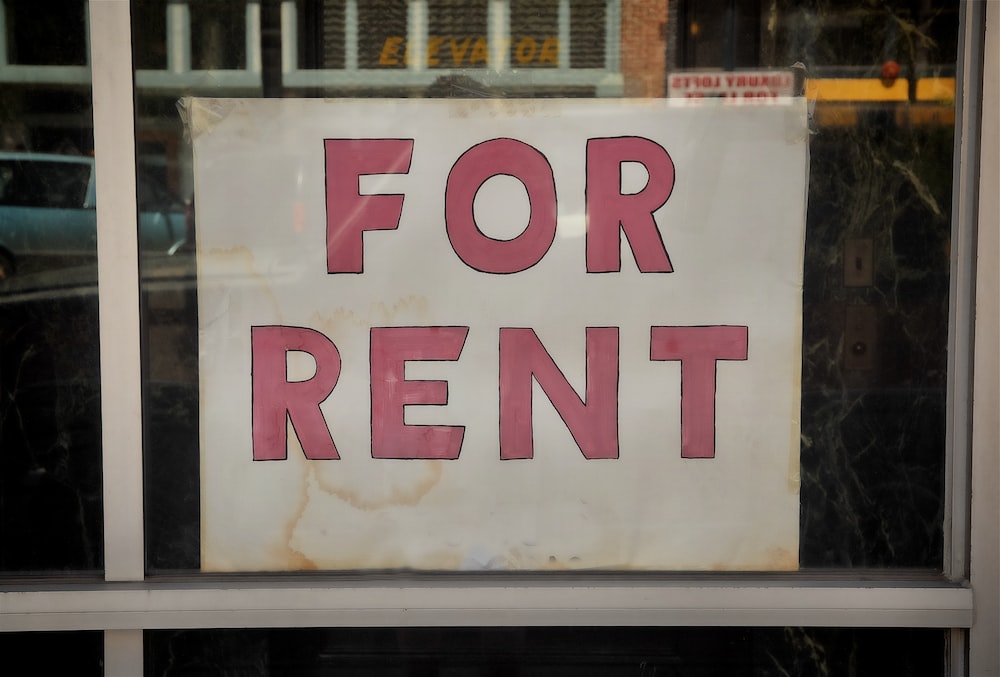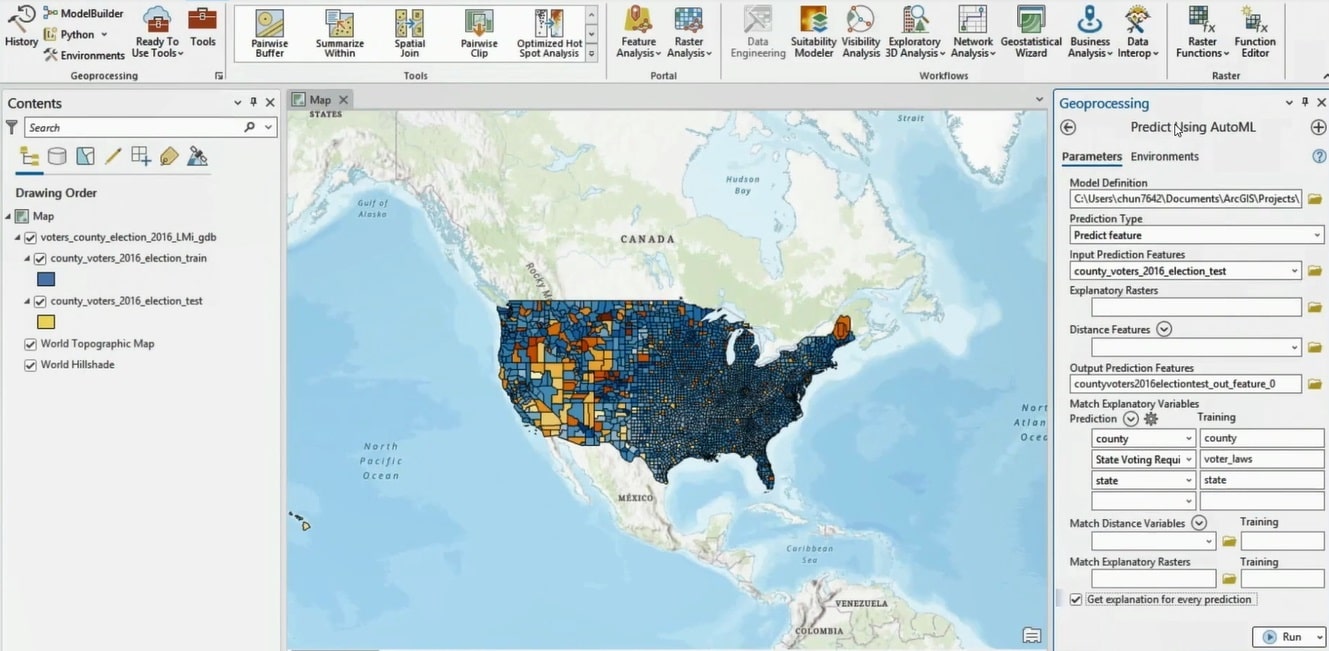Managing tenants efficiently is a crucial aspect of successful property management. As a landlord or property owner, optimizing your tenant management strategies can lead to increased rental income, reduced vacancies, and improved tenant satisfaction. So if you are wondering about key tactics for effectively managing your tenants with ease, you are in the right place.
In this article, we will explore key tactics and best practices for simplifying the management of your tenants, ensuring a smooth and successful rental experience.
Table of Contents
Importance of Efficient Tenant Management
Maximizing Rental Income
Efficient tenant management plays a vital role in maximizing rental income. By ensuring timely rent collection, minimizing vacancies, and addressing tenant concerns promptly, landlords can maintain a steady stream of income from their rental properties. Implementing effective management tactics helps landlords achieve higher occupancy rates and attract quality tenants, resulting in increased profitability.
Minimizing Vacancies
One of the primary goals of efficient tenant management is to minimize vacancies. Vacancies can significantly impact a landlord’s cash flow and profitability. By streamlining the application process, promptly addressing maintenance issues, and fostering good tenant relationships, landlords can reduce the time their properties remain unoccupied, ensuring a consistent rental income.
Setting Clear Expectations and Communication
Creating a Comprehensive Lease Agreement
A comprehensive lease agreement is the foundation for successful tenant management. It should outline the rights and responsibilities of both the landlord and the tenant, including rent payment terms, maintenance obligations, and property rules. By setting clear expectations from the beginning, landlords can minimize misunderstandings and conflicts throughout the tenancy.
Regular Communication Channels
Maintaining open and regular communication channels with tenants is essential for efficient management. Landlords should establish effective communication methods, such as email, phone calls, or online portals, to address tenant queries, provide updates, and promptly address any issues that may arise.
Proactive communication helps build trust and ensures that tenants feel heard and valued.
Streamlining the Application Process
Online Application Forms
Streamlining the application process can save landlords significant time and effort. Implementing online application forms allows prospective tenants to submit their information conveniently. Landlords can set specific criteria for tenant screening, such as credit checks, employment verification, and reference checks, to ensure they select reliable tenants.
Tenant Screening
Thorough tenant screening is vital to minimize the risk of problematic tenants. It involves verifying the applicant’s background, credit history, employment status, and rental references. By conducting diligent tenant screenings, landlords can identify tenants with a good rental history, financial stability, and a higher likelihood of adhering to the lease terms.
Effective Maintenance and Repairs
Prompt Response to Maintenance Requests
Addressing maintenance and repair requests in a timely manner is crucial for tenant satisfaction. Landlords should establish clear procedures for reporting issues and promptly respond to ensure the tenant’s safety and comfort. Regularly evaluating and addressing maintenance concerns helps prevent minor problems from escalating into major repairs.
Regular Property Inspections
Conducting regular property inspections allows landlords to identify maintenance needs and ensure tenants are adhering to the lease agreement. Scheduled inspections can help identify potential issues early on and address them proactively. It also provides an opportunity to ensure that the property is being well-maintained and complies with safety standards.
Timely Rent Collection
Implementing Online Rent Payment Systems
Traditional rent collection methods can be time-consuming and prone to delays. Implementing online rent payment systems simplifies the process for both landlords and tenants.
Online platforms enable tenants to pay rent conveniently and securely, while landlords can automate rent collection and track payment records efficiently.
Enforcing Late Payment Policies
To maintain consistent cash flow, landlords should establish clear late payment policies and enforce them when necessary.
Clearly communicate the consequences of late rent payments, such as late fees or eviction procedures, to motivate tenants to pay on time. Consistency in enforcing policies helps set expectations and encourages timely rent payments.
Resolving Tenant Issues
Conflict Resolution Strategies
Conflicts between tenants or between tenants and the landlord can arise during a tenancy. Landlords should employ effective conflict resolution strategies to address issues promptly and amicably.
Encouraging open communication, active listening, and finding mutually agreeable solutions can help resolve conflicts and maintain positive tenant relationships.
Mediation and Legal Resources
In some cases, tenant issues may require professional mediation or legal intervention. Landlords should be aware of local resources, such as mediation services or landlord-tenant attorneys, to help facilitate dispute resolution.
Seeking legal guidance can ensure compliance with relevant laws and protect the rights and interests of both parties.
Maintaining Good Relationships
Addressing Concerns and Feedback
Maintaining good relationships with tenants involves addressing their concerns and feedback. Promptly responding to queries, concerns, or repair requests demonstrate the landlord’s commitment to tenant satisfaction.
Actively seeking feedback and implementing reasonable suggestions or improvements fosters a positive landlord-tenant relationship.
Offering Incentives for Good Tenants
Recognizing and rewarding good tenants can help build long-term relationships and encourage lease renewals. Landlords can offer incentives such as lease extensions, rent discounts, or property upgrades as a token of appreciation for responsible tenancy.
Incentives can motivate tenants to maintain the property well and abide by the lease terms.
Utilizing Property Management Software
Features and Benefits
Property management software provides landlords with efficient tools to streamline various aspects of tenant management.
These software solutions offer features such as online rent collection, tenant portals, maintenance tracking, and lease management. By utilizing property management software, landlords can automate processes, enhance efficiency, and centralize data for better decision-making.
Automation and Efficiency
Automation is a key advantage of property management software. Landlords can automate routine tasks like rent reminders, lease renewals, and maintenance requests, reducing manual effort and saving time.
Property management software improves efficiency by consolidating data, generating reports, and providing real-time insights into property performance.
Monitoring Local Regulations
Staying Updated on Landlord-Tenant Laws
Landlord-tenant laws and regulations vary by jurisdiction and can impact how properties are managed. Landlords must stay informed about local regulations regarding tenant rights, eviction processes, security deposits, and fair housing practices.
Adhering to legal requirements ensures compliance and mitigates legal risks.
Compliance and Risk Mitigation
Understanding and complying with local regulations mitigates legal and financial risks for landlords. By following proper procedures for lease agreements, tenant screenings, property maintenance, and evictions, landlords can protect their investments and avoid legal disputes. Regularly reviewing and updating practices to align with changing regulations is essential.
Handling Tenant Turnover
Seamless Move-In and Move-Out Process
Efficiently managing tenant turnover is crucial to minimize vacancies and ensure a smooth transition between tenants. Streamlining the move-in and move-out process includes conducting thorough inspections, documenting property conditions, handling security deposits, and coordinating key handovers.
A well-defined process reduces confusion and ensures a positive experience for both incoming and outgoing tenants.
Proper Documentation
Maintaining proper documentation throughout the tenancy is vital for efficient tenant management. Documenting lease agreements, rent payment records, maintenance requests, and communication ensure a clear record of the tenancy.
Well-organized documentation helps resolve disputes, supports legal actions if necessary, and provides an accurate history of tenant interactions.
Dealing with Difficult Tenants
Setting Boundaries and Enforcing Policies
Dealing with difficult tenants requires setting clear boundaries and enforcing policies consistently. Landlords should clearly communicate the expectations outlined in the lease agreement and address any violations promptly. Enforcing rules and regulations helps maintain a respectful environment for all tenants and protects the landlord’s interests.
Eviction Procedures
In extreme cases, eviction may be necessary to remove problematic tenants. Landlords should familiarize themselves with local eviction laws and procedures. It is essential to follow the legal process, provide proper notice, and seek legal guidance if needed. Eviction should always be a last resort after exploring all reasonable avenues for resolution.
Balancing Tenant Retention and Acquisition
Renewal Incentives
Retaining good tenants is cost-effective and contributes to stable rental income. Landlords can offer renewal incentives to encourage tenants to extend their leases, such as rent discounts, lease addendums, or upgrade options. Recognizing and rewarding responsible tenants fosters loyalty and reduces tenant turnover.
Marketing and Attracting New Tenants
Attracting new tenants requires effective marketing strategies. Landlords can utilize online platforms, social media, and local advertising to promote their rental properties.
Highlighting attractive features, competitive pricing, and positive tenant testimonials can help attract a pool of quality applicants. Responding promptly to inquiries and conducting thorough screenings ensures the selection of reliable new tenants.
The Role of Professional Property Managers
Benefits of Hiring a Property Management Company
For landlords who prefer to delegate tenant management responsibilities, hiring a property management company offers numerous benefits. Property managers handle tenant screenings, rent collection, maintenance coordination, and conflict resolution on behalf of the landlord. They bring expertise, and industry knowledge, and save landlords time and effort.
Choosing the Right Property Manager
When it comes to choosing the right property manager, it is crucial to consider various factors such as reputation, experience, services offered, fees, and communication practices. In Miami, Novel Management stands out as a premier property management company, offering the best property managers in the area.
With a strong reputation for excellence and years of experience in the industry, entities such as Novel Management provides a comprehensive range of services to meet the specific needs of landlords.
Their team of property managers brings expertise, in-depth knowledge of the local market, and a commitment to delivering exceptional service.
In conclusion, efficiently managing tenants is a key factor in successful property management. By implementing the tactics discussed in this article, landlords can simplify their tenant management processes, maximize rental income, minimize vacancies, and foster positive landlord-tenant relationships.





